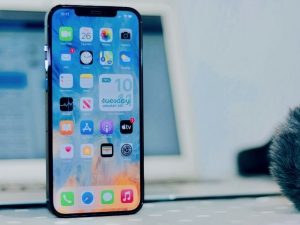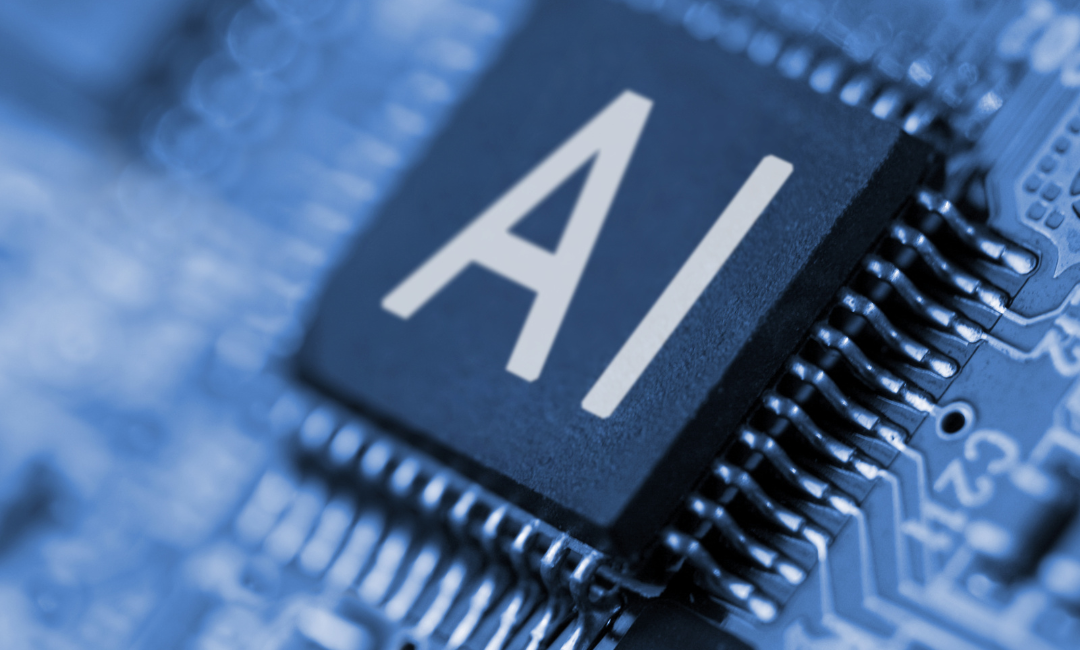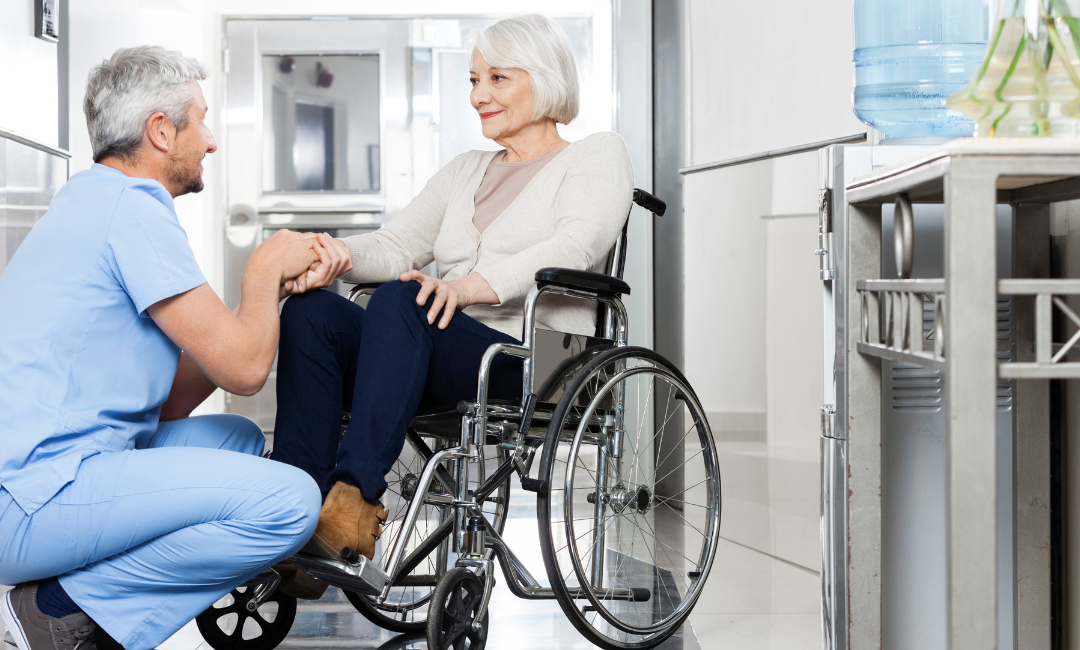Legal Considerations of Smartphones in Healthcare
While nurses may be using personal smartphones for clinical communication and reasoning, federal laws such as HIPAA could be violated due to the invasion of privacy that can exist. Also, if nurses are using their smartphones to send protected health information (PHI), the Nurse Practice Act is being violated.
By choosing to send PHI through a personal smartphone, these actions could lead to financial fines, loss of employment, legal sentencing, and loss of nursing license.
One single breach could open up the possibility of patients’ data experiencing identity theft in a medical sense.
According to a study conducted in 2015, the leading cause of healthcare data breaches are due to criminal attacks and these attacks increased by 125% from the previous five years.
Healthcare organizations maintain a vast amount of financial and personal information related to each patient and many do not have the resources to fully protect and prevent attacks. The costs of a healthcare breach is expensive at $363 per identifiable patient record exposed and a data breach is $154 on average.








